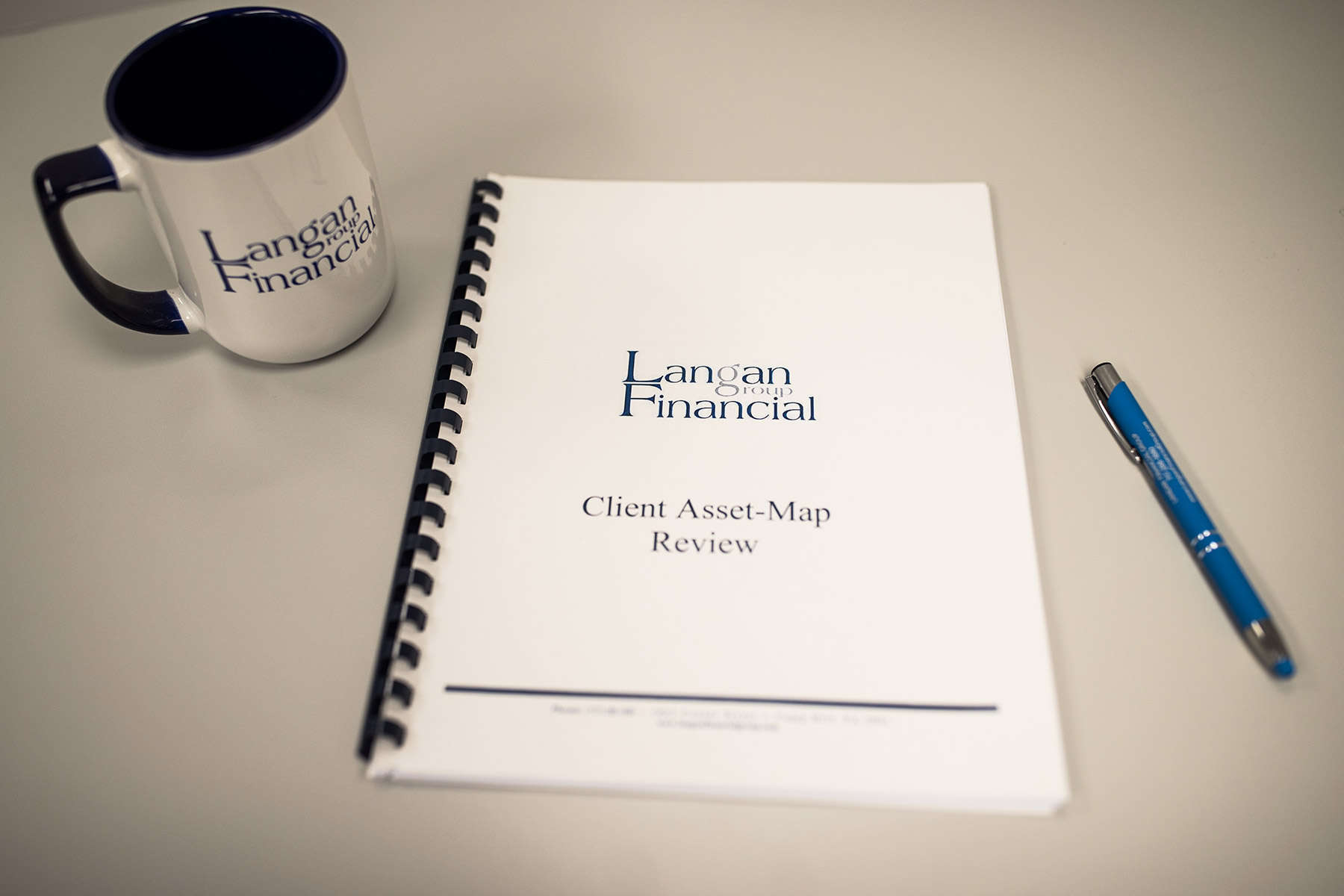The U.S. economy in 2025 faces a slowing growth environment shaped by persistent inflation, tariff pressures, and cautious Federal Reserve policy.
Below is an overview of the current economic landscape, its implications for individuals and investors, and strategies to navigate these challenges as of early May 2025.

May Key Economic Trends
Slowing Growth:
Real GDP growth is forecast to moderate to about 1.9%–2.3% in 2025, down from 2.8% in 2024, reflecting weaker consumer and government spending amid tariff-related cost increases and policy uncertainty.
Inflation:
Core inflation remains elevated near 3.0%, fueled by tariffs on imports from key trading partners and ongoing supply chain disruptions. This keeps consumer prices for essentials like food and housing under upward pressure.
Labor Market:
Unemployment is expected to rise modestly from around 4.0% to 4.4%-4.6% by mid-2026, as public sector layoffs and slower job growth weigh on the labor market.
Federal Reserve Policy:
The Fed has paused rate cuts in early 2025 but is widely expected to implement two to three 25-basis-point cuts later in the year, lowering the federal funds rate to approximately 3.5%-4.0% by year-end to support growth while monitoring inflation.
Tariffs and Trade:
New tariffs (up to 25% on imports from Canada and Mexico, and 10% on Chinese goods) continue to raise costs for businesses and consumers, contributing to inflation and market volatility.
Stock Market Volatility:
The S&P 500 has experienced fluctuations amid inflation concerns and tariff uncertainties. While some analysts project moderate gains by year-end, risks of corrections remain due to slowing growth and geopolitical tensions.
Economic Impact for Individuals
Young Investors:
Inflation erodes purchasing power and savings, but market volatility may offer buying opportunities in growth sectors like technology and renewable energy.
Near-Retirees:
Market downturns threaten retirement portfolios; shifting toward conservative investments and inflation-protected securities (e.g., TIPS) can help mitigate risks.
General Consumers:
Rising prices strain household budgets, especially with elevated consumer debt levels;managing expenses and reducing high-interest debt is critical.

Strategies to Protect Investments
In today’s volatile market, protecting your investments requires a proactive and well-diversified approach. The following strategies can help build resilience against inflation, interest rate changes, and economic uncertainty.
- Diversify portfolios across asset classes including stocks, bonds, and alternatives to reduce risk.
- Focus on quality sectors resilient to inflation and rate changes, such as technology and financials.
- Maintain liquidity for flexibility amid market swings.
- Consider inflation-protected securities to safeguard purchasing power.
- Monitor Fed policy and trade developments closely to adjust strategies proactively.
Economic Lookout: What to Watch For
Staying informed about key economic indicators is crucial for anticipating market trends and potential risks. Monitoring these factors closely can help investors and businesses make timely, well-informed decisions.
- Federal Reserve announcements on interest rates and balance sheet policies.
- Tariff and trade policy updates that could impact inflation and supply chains.
- Labor market indicators including unemployment and wage growth.
- Consumer spending trends amid inflationary pressures.
- Geopolitical events affecting global trade and market sentiment.
Navigating Economic Challenges and Opportunities
Adapting to today’s economic challenges requires practical actions from consumers, businesses, investors, and policymakers alike. By focusing on resilience and efficiency, each group can better navigate risks and seize emerging opportunities.
- Consumers: Budget carefully for rising costs and prioritize debt reduction.
- Businesses: Adapt supply chains and focus on operational efficiency to manage tariff impacts.
- Investors: Stay diversified and nimble, focusing on sectors with strong fundamentals.
- Policy watchers: Track deregulation and fiscal policies that may influence growth prospects.
Despite slower growth and inflation challenges, 2025 presents opportunities for strategic adaptation. Staying informed and proactive will help individuals and investors safeguard their financial well-being amid ongoing uncertainties.
About the Financial Planning Author

Alexander Langan, J.D, CFBS, serves as the Chief Investment Officer at Langan Financial Group. In this role, he manages investment portfolios, acts as a fiduciary for group retirement plans, and consults with clients regarding their financial goals, risk tolerance, and asset allocation.
With a focus on ERISA Law, Alex graduated cum laude from Widener Commonwealth Law School. He then clerked for the Supreme Court of Pennsylvania and worked in the Legal Office of the Pennsylvania Office of the Budget, where he assisted in directing and advising policy determinations on state and federal tax, administrative law, and contractual issues.
Alex is also passionate about giving back to the community, and has participated in The Foundation of Enhancing Communities’ Emerging Philanthropist Program, volunteers at his church, and serves as a board member of Samara: The Center of Individual & Family Growth. Outside of work and volunteering, Alex enjoys his time with his wife Sarah, and their three children, Rory, Patrick, and Ava.
About Langan Financial Group: Financial Advisors
Langan Financial Group is an award-winning financial planning firm with offices in York, Pennsylvania and Harrisburg, Pa.
With over 100+ 5-star reviews, Langan Financial Group is an independent financial planning firm established in 1985, offering a broad range of financial planning services.
With an open architecture platform, our advisors have access to a diverse range of products, free from any sales quotas.
Our team of 9 financial experts, each with unique specialties, enhances our ability to focus on delivering value to our clients.
Disclosure
The content is developed from sources believed to be providing accurate information. The information in this material is not intended as tax or legal advice.
Please consult legal or tax professionals for specific information regarding your individual situation.
The opinions expressed and material provided are for general information, and should not be considered a solicitation for the purchase or sale of any security.
Securities offered through Cambridge Investment Research, Inc., a Broker/Dealer, Member FINRA/SIPC.
Investment Advisor Representative, Cambridge Investment Research Advisors, Inc. a Registered Investment Advisor. Cambridge and Langan Financial Group, LLC are not affiliated.
Cambridge does not offer tax or legal advice.



